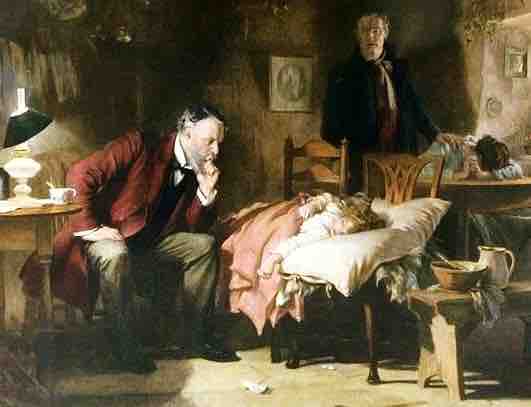In the United States, occupation is a primary indicator of social class, along with income, wealth, and education. Occupation is closely linked to Americans' identities, and is a salient marker of status. The importance of occupation in part results from the substantial amount of time that American's devote to their careers. The average work week in the United States for those employed full time is 42.9 hours long, and 30% of the population works more than 40 hours per week.
High educational attainment is generally a pre-requisite for entering high status professional occupations. Professional occupations, sometimes called "the professions" or "white collar jobs," include highly skilled positions, such as that of a lawyer, physician, and CEO. Having a professional occupation is associated with being a member of the upper-middle or upper class. To enter the professions, a person usually must hold a professional degree. Examples of professional degrees include JDs for law, MDs for medicine, and MBAs for business. Because the professions are considered highly skilled, require high educational attainment, and provide high incomes, they are associated with high social status.
Sociologists often talk about the status associated with various occupations in terms of occupational prestige. Occupational prestige refers to the esteem in which society holds a particular occupation. Occupational prestige is one way in which occupation may affect a person's social class independent of income and educational attainment. While high status occupations often reap high incomes and require significant education, in some cases these three variables are not linked. For example, being a university professor has high status and requires high educational attainment, but does not always result in high income. Its status depends upon the high esteem in which professors are held. In large part because of high occupational prestige, university professors are generally considered members of the upper-middle class. Conversely, funeral directors generally have high incomes and often high educational attainment. Being a funeral director is not a high status job, however, because Americans do not tend to hold the occupation in high esteem it has low occupational prestige. Funeral directors are, therefore, often considered members of the middle class. As illustrated by this example, occupations with high prestige can raise one's social class even without improving one's economic status.

Occupation
The social class associated with a particular occupation can change over time as the esteem in which the occupation is held changes. In the late-nineteenth century, at the time of this painting, doctors were not members of the upper class. As the occupation has come to require increased education and to depend upon increasing technological expertise, the occupation's prestige has risen. Doctors are now commonly considered members of the upper-middle or upper class.